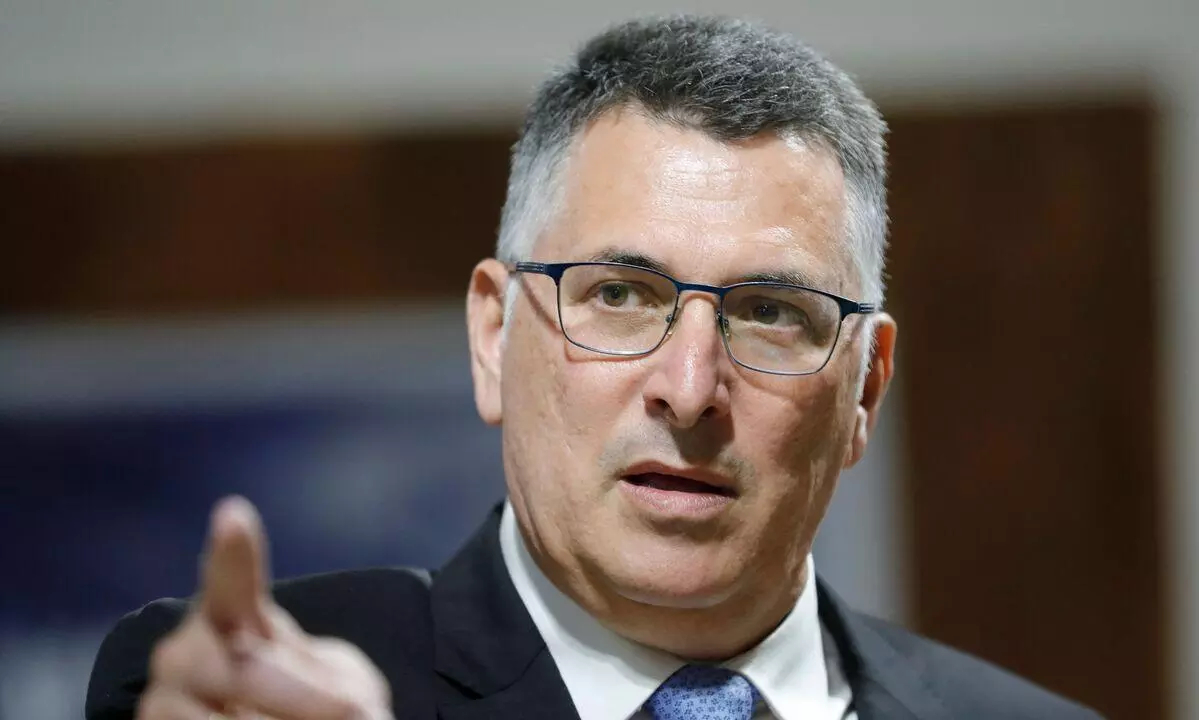
Israel intensified their military operations across Syrian territory, targeting infrastructure and asserting control over strategic areas. The actions have drawn condemnation from Syria’s new administration, which has called for an end to hostilities and reiterated its commitment to regional peace.
In a series of airstrikes, Israeli forces targeted facilities along the Syrian-Lebanese border, including the Janta crossing, alleging the sites were used for transferring arms to Hezbollah. The Israeli military described the operations as part of a “forward defense” mission aimed at neutralizing threats from militant groups. Syrian officials denounced the attacks as violations of sovereignty and escalatory provocations.
Ahmad Al-Sharaa, the leader of Syria’s new administration, condemned the Israeli strikes and called for an immediate cessation of military aggression. He emphasized Syria’s adherence to the 1974 disengagement agreement, asserting that Israel’s stated reasons for its actions – such as the presence of Iranian-backed militias – are no longer valid. “The Syrian people have suffered enough from years of conflict. Our focus is on rebuilding and promoting peace,” Al-Sharaa said in a statement.
Israeli Attacks & Accusations
Despite these assurances, Israeli officials remained skeptical. Israeli Chief of Staff Herzi Halevi dismissed Syria’s claims, citing ongoing security concerns in the Golan Heights. “Our priority is the safety of Israeli citizens. We will act decisively against any threats,” Halevi said.
The conflict has also spilled into diplomatic rhetoric. Israeli Foreign Minister Gideon Saar described the new Syrian administration as a “terrorist gang,” accusing it of harboring jihadist factions. The remarks drew sharp criticism from Damascus, which labeled them as baseless and inflammatory.
Clarifications & Condemnation
Meanwhile, the governor of Damascus, Maher Muhammad Marwan Idlebi, sought to clarify earlier statements about relations with Israel, emphasizing that peace talks were not within his jurisdiction. Explaining statements he had made regarding seeking “peace” with Israel was only meant to reflect that, “The Syrian people seek internal stability, not external conflicts.”
Observers note that the international community, including Arab and Western nations, have expressed cautious optimism about Syria’s new leadership. Many have praised its pragmatic approach to governance, but ongoing Israeli military actions underscore the challenges of achieving regional stability. As the international community calls for restraint, the path to peace in the region remains uncertain.








